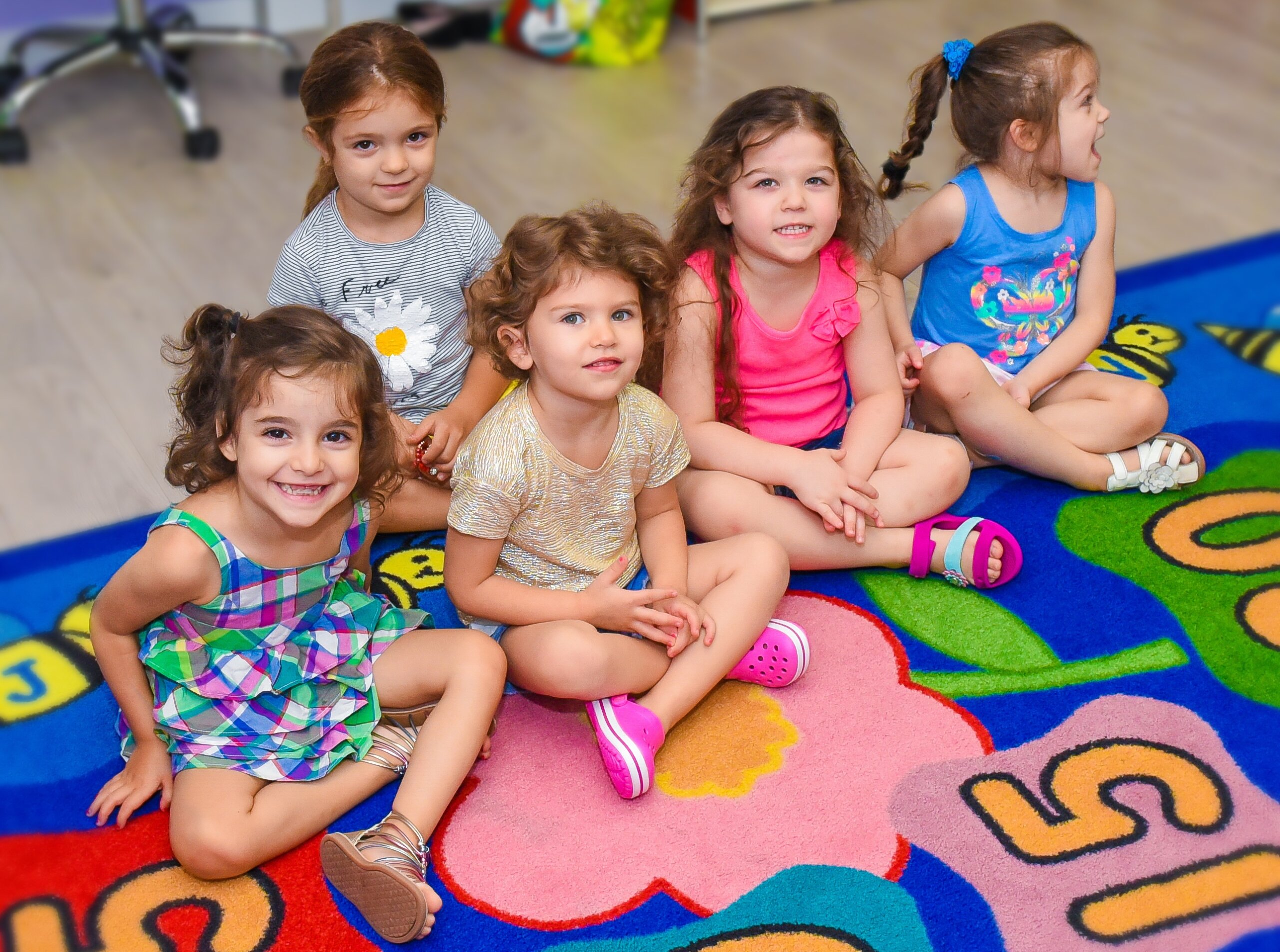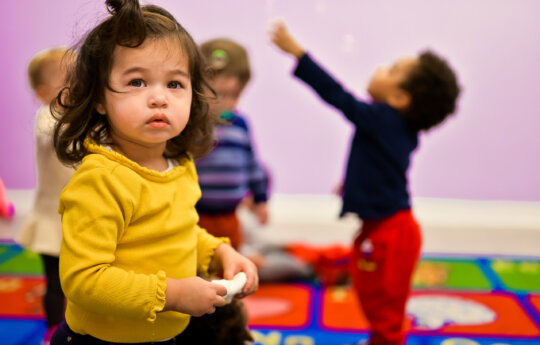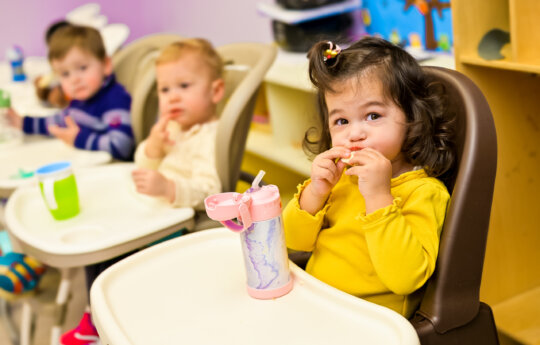
Yoga, a practice often associated with adults, holds incredible potential for children, especially in their early developmental stages. Yoga for Kids is not just a set of exercises; it’s a holistic approach to nurturing a child’s physical, emotional, and cognitive growth. This guide delves deep into the benefits and methods of introducing yoga to young learners.
Understanding Early Childhood Yoga Benefits
The benefits of Early Childhood Yoga are extensive. Regular practice can improve balance, flexibility, and strength in young bodies. Additionally, it fosters emotional regulation and boosts self-esteem and body awareness.
Developing Motor Skills through Yoga
A significant advantage of yoga for young children is its role in Developing Motor Skills. Yoga poses and movements help refine both fine and gross motor skills, which are crucial for physical development and coordination.
Yoga for Child Development: A Holistic Approach
Yoga for Child Development goes beyond physical benefits. It aids in creating a foundation for lifelong wellness and mental health by teaching children mindfulness, patience, and resilience from an early age.
Integrating Yoga into Children’s Daily Lives
Yoga Poses for Kids: Safe and Fun
Introducing Yoga Poses for Kids needs to be safe, enjoyable, and age-appropriate. Poses like the Tree, Cat-Cow, and Happy Baby are not only fun but also help in improving balance, concentration, and relaxation.
Mindfulness for Preschoolers
Mindfulness for Preschoolers, a crucial element of yoga, teaches children to be present and aware. It helps in developing attention, reducing anxiety, and managing emotions.
Yoga and Emotional Development in Children
Yoga and Emotional Development in Children plays a critical role. Through practices like breathing exercises and guided relaxation, yoga helps children in understanding and expressing their emotions in a healthy way.
The Practical Aspects of Yoga for Kids
Safety First: Yoga Safety and Kids
When practicing Yoga with Kids, safety is paramount. It’s essential to ensure that yoga sessions are conducted under supervision, with attention to each child’s individual physical capabilities and limits.
Educational Benefits of Yoga in Early Learning
Yoga has significant Educational Benefits. It enhances concentration, memory, and cognitive functions, making it a valuable addition to any learning environment, including schools and daycares.
Integrating Yoga in Early Education
Integrating Yoga in Early Education has become increasingly popular. It’s recognized as an effective tool for helping children develop a positive relationship with their bodies and minds, while also enhancing learning and social skills.
Yoga in Various Settings
Yoga in Daycare Settings and Schools
The inclusion of Yoga in Daycare Settings and schools offers a structured environment for children to practice yoga. It provides a unique opportunity for them to learn, play, and grow in a supportive community.
Yoga at Home: Involving the Family
Introducing yoga at home can be a rewarding way for families to bond and for children to practice mindfulness and relaxation in a familiar environment. Family yoga sessions encourage a healthy lifestyle and provide a fun, shared activity.
Conclusion: Embracing Yoga for Holistic Child Development
Embracing yoga in the early stages of childhood can set the foundation for a healthy and balanced life. Whether it’s practiced at home, in daycare, or in schools, yoga offers a multitude of benefits that go far beyond physical fitness. It’s an investment in a child’s overall well-being, paving the way for a more mindful, resilient, and emotionally intelligent generation.
At Little Scholars Daycare, we offer a Supportive Learning Environment with Yoga. Our aim is to provide a space where children can explore, learn, and grow, both physically and emotionally. If you’re interested in giving your child a positive start in their educational journey, consider enrolling them in our programs. Visit us to experience firsthand the joy and benefits of yoga at Little Scholars!




